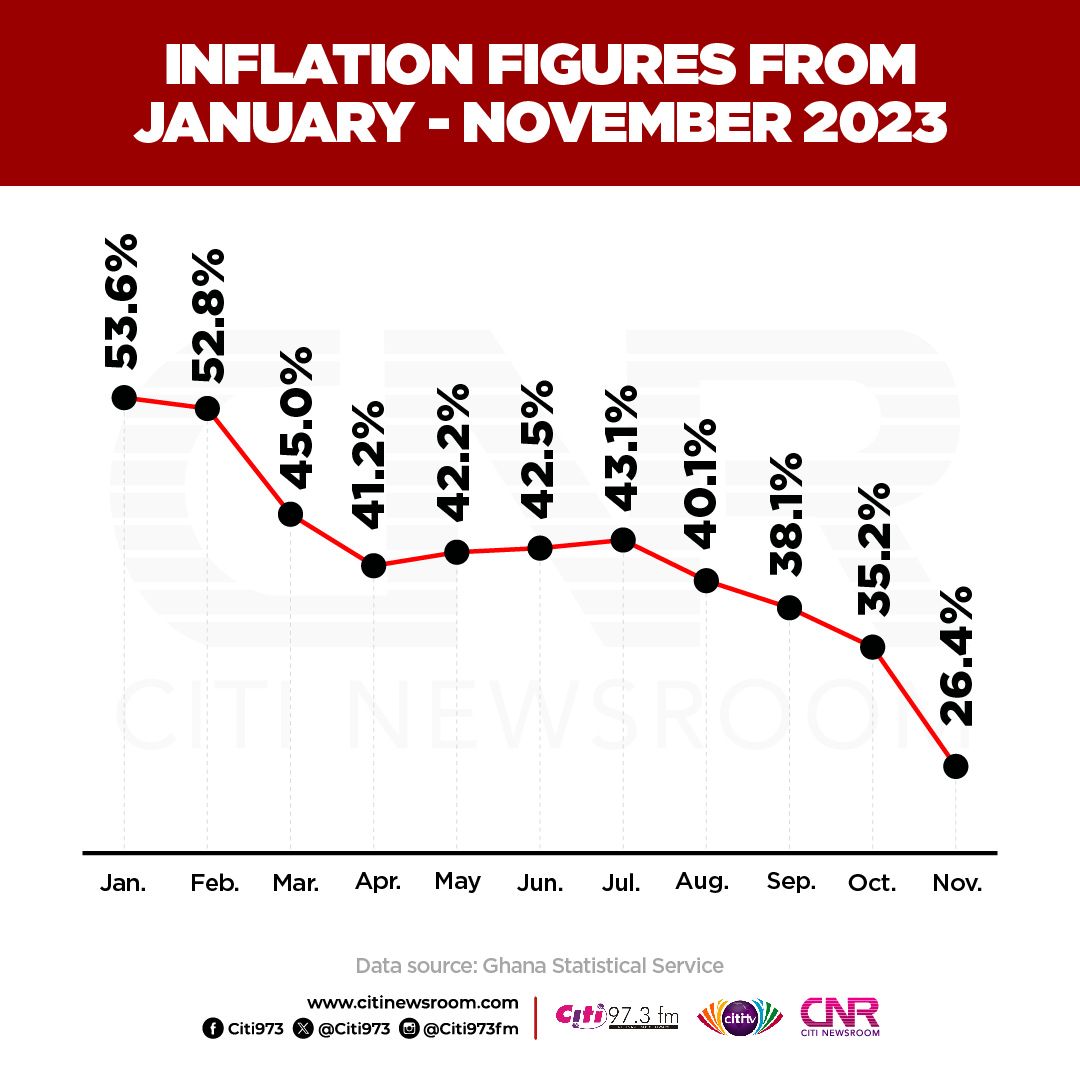
In the first part of the series, I stated that civilization is a contested concept often defined as an “advanced stage of social development,” yet scholars emphasize that it involves systems such as literacy, governance, technology, and cultural expression rather than mere moral judgments.
Thinkers like Ian Morris and Norbert Elias show how civilization can be measured by organization, energy use, and social norms, while voices like Gandhi and Whitehead highlight values of simplicity and efficiency.
I also made the point that the notion of being “advanced” has often been imposed through colonialism, where Western powers used “civilization” to justify cultural suppression, forced conversions, renaming, and the sidelining of indigenous languages and identities, leaving lasting dependency and erosion of heritage.
Postcolonial scholars like Cheikh Anta Diop and Sabelo Ndlovu-Gatsheni argue that true development must be redefined as authentic, culturally rooted growth rather than conformity to Western models.
This perspective aligns with critiques of modern economic paradigms, where endless accumulation masks dependency and alienation. By contrast, sustainable well-being often lies in simplicity and autonomy, as captured in E.F. Schumacher’s “small is beautiful” and the parable of the Mexican fisherman, which underscores that meaningful development is not measured in material expansion but in the balance of community, identity, and dignity.
True Development Demands Spiritual Depth, Family Cohesion, and Harmony with Nature
In a truly developed and civilized society, spirituality is more than ritual—it’s a foundational quality that shapes meaning, purpose, and moral orientation. Empirical studies support this: for example, Bo?ek, Nowak & Blukacz (2020) found in a multi-university sample that spirituality significantly correlates with psychological well-being, meaning in life, and healthy behaviors.
Likewise, a longitudinal New Zealand study covering ten waves of panel data (2010–2020) indicated that belief in a life force or spiritual dimension predicts increasing personal well-being and life satisfaction over time, even when controlling for demographic variables.
In contrast, secular- or materially-driven societies often register higher rates of anxiety, depression, loneliness, and moral disorientation—phenomena many sociologists link with deprioritized spiritual frameworks. Mary Eberstadt’s How the West Really Lost God argues that erosion in spiritual anchoring often precedes declines in family cohesion, social trust, and moral order.
In such spiritually grounded societies, family is not an afterthought but the central institution. Systems—legal, economic, social—are designed to allow parents, children, and spouses to spend time together, to foster care, instruction, and generational continuity. But in many purportedly “advanced” Western-modeled systems, family ties are undermined. Work schedules, social norms, education systems, and geographic mobility often prioritize economic productivity or individual achievement over family coherence.
Statistics reflect this: urban green space studies, for example, show that in developed countries, while high GDP correlates with happiness, much of that happiness is mediated by access to natural spaces, social support, and time for family and community—not merely material wealth. Moreover, research into spiritual well-being among cancer patients reveals strong positive associations between spiritual health (including peace, meaning, and purpose) and quality of family and social relationships.
Therefore, the societies that place onus on spirituality and family well-being tend to experience more enduring happiness, deeper social trust, stronger mental health outcomes, and less alienation—benchmarks by which truly civilized development might more fairly be judged.
In many advanced economies today, surveys show a growing number of people believe morality and ethical behavior can exist independently of religious belief. For instance, a 2022 survey by Pew Research Center across 17 “advanced economies” found that about 65% of people believe it is not necessary to believe in God to be moral and have good values, while roughly 34% felt belief in God is essential to morality. This suggests a shift where spirituality and religious moral framing are no longer universally the touchstone.
Yet, in societies where morality is untethered from spiritual claims in public life, certain values—such as modesty, chastity, deference to elders—are less prominently upheld. Books like The Case Against the Sexual Revolution by Louise Perry argue that liberal sexual norms (such as promiscuity, casual sex, pornography) have become normalized and are defended in many contexts as expressions of personal freedom. Critics contend this represents a departure from cultural or moral traditions that saw such behaviors as harmful to the family or social cohesion.
A global perspective also reveals how beliefs about morality, religion, and societal values differ greatly by cultural and economic context. The Pew research in “Global God Divide” (2019) surveyed 34 countries and found strong inverse correlations between GDP per capita and the fraction of people who believe that belief in God is necessary for being moral: in lower-income countries, this belief tends to be much more common.
In other words, many countries that are poorer economically tend to hold more closely to spiritual or religious-based moral frameworks. On issues such as sexuality, marriage, or family structure, cultural norms in many of these places still emphasize traditional, conservative moral values.
This contrasts with the liberal norms in more secular or economically “advanced” societies, where diverse sexual identities, lifestyles, speech, and entertainment often receive broader acceptance—not always without controversy or social tension, but often with legal protections and cultural legitimacy. For example, while debates over freedom of speech frequently intersect with issues of vulgar or offensive language, many democratic constitutions protect strong speech rights, assuming that more speech—even if coarse or disagreeable—is not inherently immoral.
True economic development isn’t measured merely by skyscrapers and concrete expanses—it should be about harmony with nature. Yet the world has been clearcutting its forests as though the “jungle” were a relic to be erased. According to Earth.Org, we lose about 10 million hectares of forest every year—an area larger than the size of South Korea—driven by agricultural expansion, logging, and land clearance.
The Global Forest Resources Assessment 2020 found that since 1990, the world has lost 178 million hectares of forest. This has serious knock-on effects: deforestation in tropical regions has been linked to over 500,000 heat-related deaths in the past two decades because forests help to moderate climate and temperatures.
But the consequences go beyond environmental harm; they intertwine with public health, social decay, and even the emergence of new diseases. As habitats are destroyed, wild animals are displaced, bringing humans into closer contact with species previously isolated—an emerging risk factor for zoonotic diseases. WHO and various epidemiological studies consistently warn that loss of biodiversity and environmental degradation amplify the risk of disease spillover.
While direct statistics tying every new disease to deforestation are hard to pin down, there is broad consensus among scientists that “habitat loss and fragmentation” are key drivers in global health threats. Scholars such as Thomas Elmqvist, Wayne Zipperer, and Burak Güneralp in studies on “Urbanization, habitat loss, and biodiversity decline” emphasize how rapid urban expansion (“concrete jungles”) fragments ecosystems and weakens natural defense systems of the planet.
This drift—from simplicity to ever more elaborate constructions—often sidelines the spiritual, moral, relational, and communal dimensions of human life. As societies become more “developed” by the material metrics, family time, community bonds, reverence for nature, moral consistency often suffer.
Modern lifestyles in many wealthy or “advanced” nations see longer working hours, less connection to land and nature, and more commodification of entertainment—violent media, sensational content, coarse speech—that typically used to be socially restricted.
While freedom of expression is valuable, the content we elevate matters deeply. As noted moral philosopher Alasdair MacIntyre has said in After Virtue, modern morality suffers when traditions are uprooted and replaced with relativism.
Ultimately, the “civilized” societies that deride what they call barbaric, primitive, or simple risk losing what is most essential—not wealth or power, but what makes life meaningful. If true development means flourishing, health, purpose, moral integrity, and environmental harmony, then much of what is widely celebrated as progress should be scrutinized and reimagined.
In the third and final part, we will see that despite global economic growth projections, true development remains uneven and flawed, with emerging economies like India advancing while others stagnate, and many nations blindly following Western models that prioritize militarism, materialism, and profit over people.
The persistence of nuclear stockpiles, high crime rates, and urban alienation reveal the contradictions of so-called “developed” societies, where resources are diverted from education, healthcare, and community well-being. Scholars and cultural voices such as Bob Marley highlight how Western-styled development fosters alienation, inequality, and moral decay.
The article argues that blindly conforming to this model perpetuates poor judgment and harmful outcomes, urging instead a return to simplicity, minimalism, and spiritual grounding. By prioritizing values, family, mindfulness, and ethical living over material accumulation, societies can cultivate genuine well-being, equity, and sustainability, moving toward a vision of development rooted in human dignity, peace, and purpose.
The post The Business Strategy Analyst with Jules Nartey-Tokoli: Western Economic Development Hegemony: A Mirage of Progress (II) appeared first on The Business & Financial Times.
Read Full Story






















Facebook
Twitter
Pinterest
Instagram
Google+
YouTube
LinkedIn
RSS